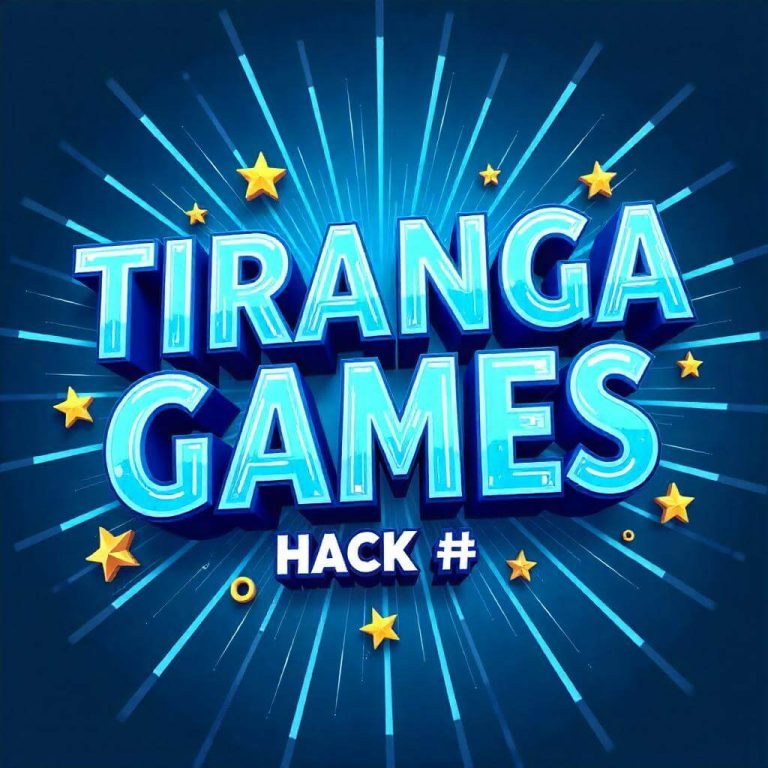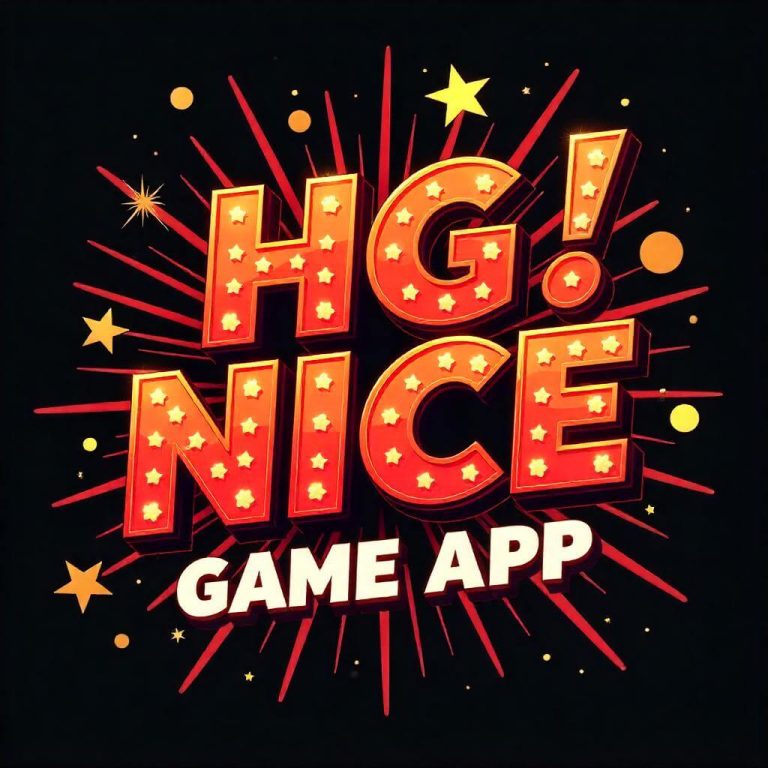
Keeping skill, fun, and fairness in check has never been more important now that online gaming moves at lightning speed. Gamers hunt for new tricks, quick fixes, and once in a while outright hacks Just to gain even the tiniest edge when the competition gets fierce. As of 2025, one name pops up again and again-the Daman Hack and its pull is strongest in WinGo color-prediction games. But what, really, does this buzz-worthy tool mean for the wider world of in-app play? And what does it say about how skill, power, and plain old luck shake out in these digital arenas?
In the next few paragraphs well break down the Daman Hack 2025 its claimed win rates, the risks it brings, and the delicate line that every game maker walks when money and pride are on the table.
The Daman Hack 2025: What Exactly Is It?
Daman Hack 2025 is a catch-all label for pattern charts, bot scripts, and other number-crunching moves that some players use to tip color-prediction games in their favor. In Daman hack and similar platforms, these titles let players stake real cash or game credits on what color or symbol will pop up next in a line or grid. Because the rules sound simple readers may think the answers lie solely in gut feel.
Over the past few years, players and social media stars have turned the word “hacking” into a catchy way to describe watching bet patterns, clock cycles, and old statistics so they can feel theyve raised their chances-not to break anything.
For them, a hack isnt sneaking into code; its using careful tricks, quick notes, and maybe a spreadsheet to guess better than blind luck.
Skill vs. Luck in Mobile Gaming
- Why Predictable Feels Real
Games like Daman’s WinGo really walk a tight line between talent and sheer chance. While lots of gamers hope they can beat the odds by spotting a repeating streak, they forget these machines run random-number generators (RNGs) designed to mix things up for fairness and hide the next winner.
Many tactics lovers share under the Daman Hack 2025 flag still sound familiar:
- Pattern-watch: Jotting down past spins to guess which hue hits next.
- Clock-wages: Betting at “hot” hours that promise steadier results.
- Staking-up: Slowly upping the pot each time a loss lands.
Now, a tip almost always works here and there, yet it often sells players a fake badge of control over something that stays mostly random.
- How Game Developers Think
Game developers will tell you that keeping things balanced is their top job. If a game becomes too predictable, people lose trust-and profits take a dive, too. When winning feels impossible, frustrated players simply pack up and leave. That is why studios tweak their code, seeking results that are fair, random, and hard to cheat.
Even more than keeping players glued, these teams care about the health of the entire platform. They watch for patterns that hint at exploits and patch them fast so no one can build a permanent edge and wreck the economy.
Hackers and the Growing Push for Extras
Most online games-particularly those on sites such as Daman hack-lean heavily on in-app purchases, or IAPs, to pay the bills. Players are nudged to buy credits, coins, or VIP features so they can level up faster or unlock cool content.
Where Hacks and Overspending Meet: Players who think they can score without spending by using prediction cheats directly attack that revenue model.
Unfair Edge: Those with polished hacks can toss money or luck aside and leave honest gamers in the dust.
Security Risks: Although timing habits sit at the heart of many Daman Hack schemes, some bad actors still search for overlooked glitches and configuration weaknesses in the game stack.
To safeguard every purchase and to keep the overall ecosystem stable, developers roll out layered systems that watch behavior, shuffle clock signals, and inject fleeting random delays.
Moral Issues: Is It Fair to Use a Hack?
A big debate inside the player community is whether reading patterns with machine learning crosses the line from skillful play to exploitation. Some fans argue its no different than studying opponents moves in chess or figuring out bluffs in poker.
Even so, when code reads signals faster than a human, spotting the line between fair strategy and unfair manipulation gets muddy really fast. Developers often say that fairness starts the moment every player plays by the same rules, and hidden code breaks that promise.
The rise of flashy ads that guarantee victory with a Daman Hack has also raised alarms. Most of those claims lean heavy on hyperbole and can leave newcomers chasing dead ends or worse, scams that steal credentials.
Keeping the In-App Balance in Check: Developer Techniques
To protect trust and keep spending in balance, studios mix several defenses that run in the background and never slow the game for honest players:
Continuously randomized algorithms, or RNGs that shuffle so often they defy pattern tracking, form an invisible first line of defense against any tool that pulls player data too fast.
Sensible Betting Caps: By limiting how much any player can stake in a single round, casinos slow down extreme betting behaviour.
Rapid Security Patches: Regular software tweaks close loopholes that let short-term streaks turn into long-term profit for cheaters.
Player Warnings: Updates warn players not to click ads promising miracle hacks, since scams harvest data instead of winnings.
Together, these steps help keep online tables friendly, fair, and genuinely fun for casual gamers and high-rollers alike.

Conclusion: The Daman Hack Reality in 2025
The Daman Hack of 2025 sums up an age-old battle: some players chase inside tricks while developers lock down fresh play paths. Pattern-based theories look convincing for a run, yet game code today is so layered that most abuse burns out quickly.
Serious colour-prediction fans fare best when they treat every session as light-hearted amusement-not as a guaranteed pay cheque. Knowing the risks, sticking to budgets, and ignoring fake cheats creates a safer, longer-lasting gaming habit.
Still, designers grapple with finding new ways to keep income steady while also protecting fairness, surprise, and thrill inside the app eco-system. At the end of every match, integrity, trust, and respect between platforms and players will always be the true shield of online gaming stability.




